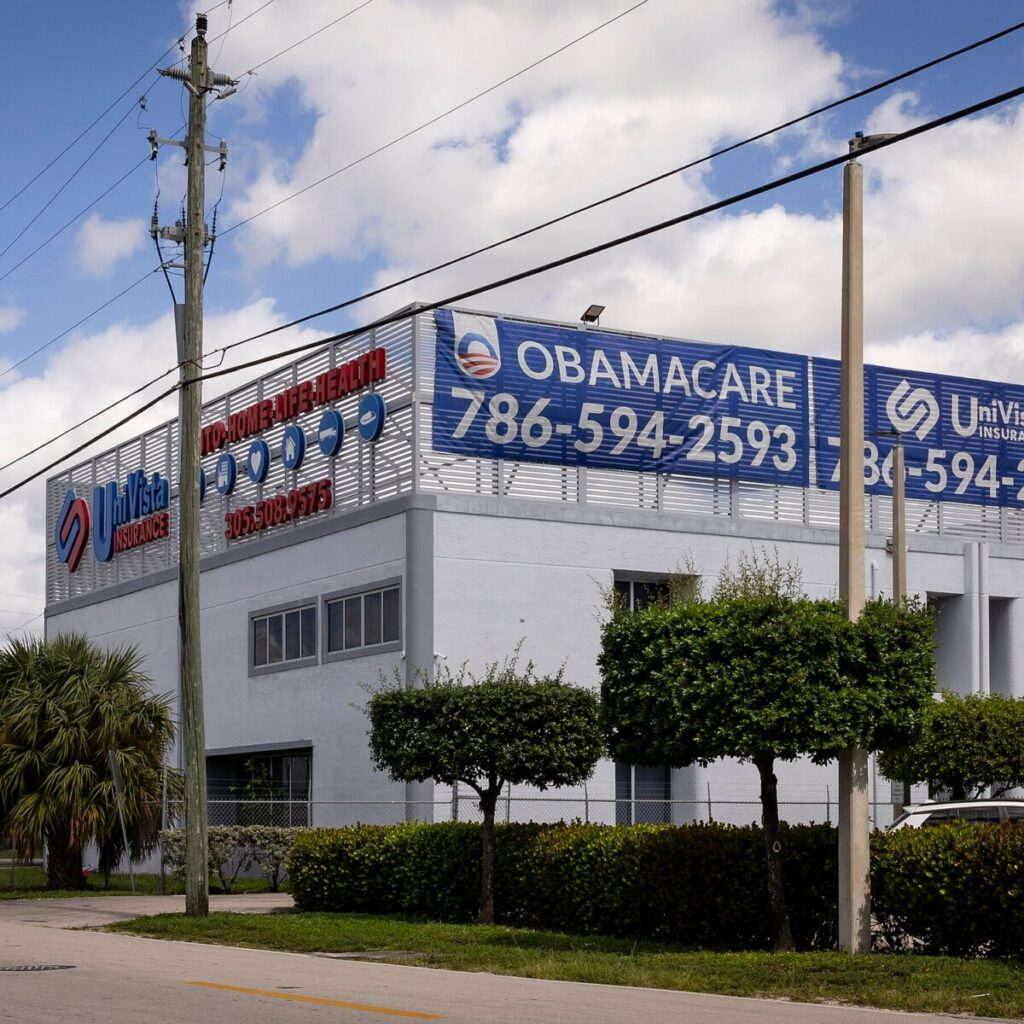How to Shop for Obamacare When Subsidies Are in Limbo
In a significant shift for millions of Americans, recent developments regarding the Affordable Care Act (ACA) indicate that while most enrollees will continue to qualify for federal tax credits, many will face a sharp increase in their monthly premiums. The temporary enhancements to the ACA, which were initially introduced as part of the American Rescue Plan in 2021, provided substantial financial assistance to those purchasing health insurance through the marketplace. These enhancements included expanded eligibility for tax credits and increased subsidies, effectively lowering the cost of coverage for many. However, as these provisions are set to expire, individuals and families may find themselves grappling with much higher out-of-pocket expenses for their health insurance.
For instance, a family of four earning $100,000 annually, which previously benefited from enhanced subsidies, could see their monthly premium costs rise significantly as the temporary measures fade. According to estimates, without the additional federal support, monthly premiums could skyrocket by hundreds of dollars, placing a heavier financial burden on households already facing rising costs in other areas of life, such as housing and groceries. This situation underscores a broader concern regarding healthcare affordability in the United States, particularly for those who do not qualify for Medicaid but still struggle to afford private insurance.
As the expiration of these enhanced tax credits looms, advocacy groups and policymakers are calling for renewed efforts to address the affordability crisis in health care. They argue that maintaining and expanding access to affordable coverage is critical, especially as many Americans continue to recover from the economic impacts of the COVID-19 pandemic. The potential for increased costs raises important questions about the sustainability of health insurance for middle-income families and the overall effectiveness of the ACA in ensuring accessible healthcare for all. As the situation develops, it remains crucial for enrollees to stay informed about their options and to explore any available resources that can help mitigate the financial impact of these changes.
Most people now enrolled under the Affordable Care Act will still be eligible for some federal tax credits, but many will see their monthly costs soar without the extra help.
Eric
Eric is a seasoned journalist covering US Politics news.



